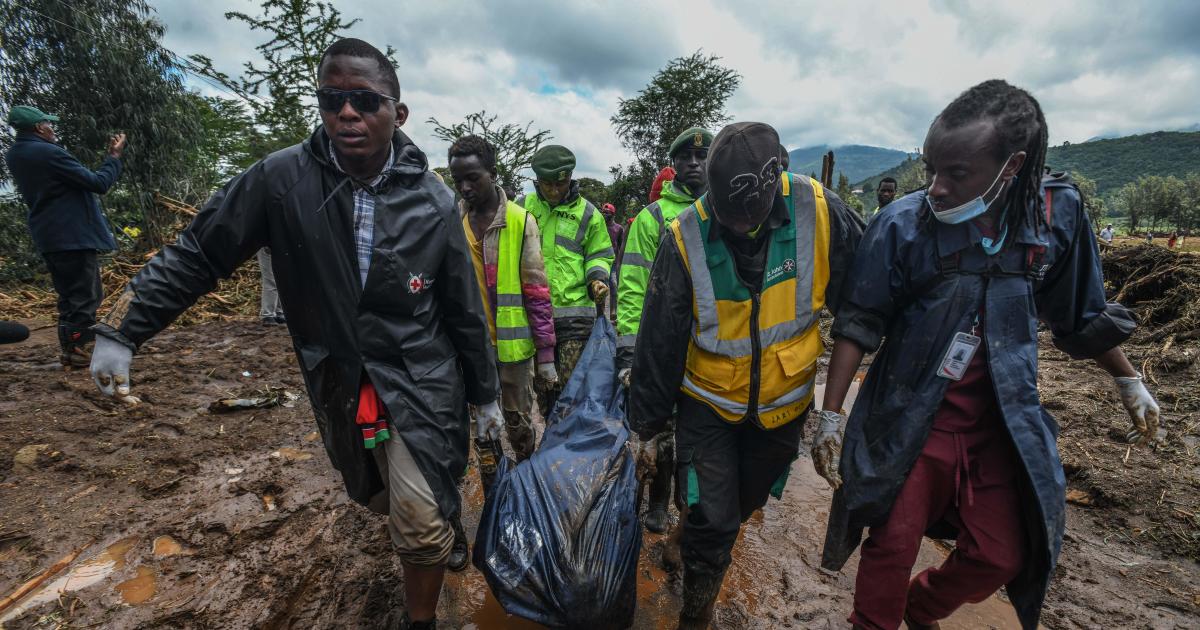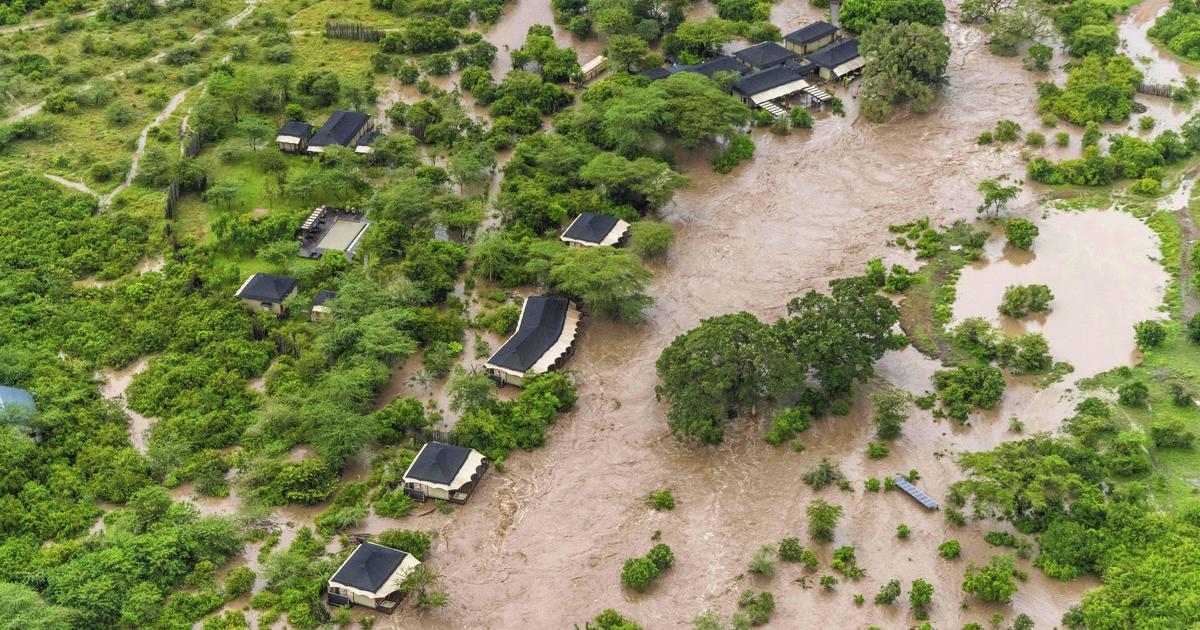Week of remarkable weather extremes: Is this the new normal?
From record-shattering snow and relentless rain to astounding extreme events around the globe, it's been a week of unprecedented weather. Climate scientists say these extreme events are becoming more common in our warming world.
The wicked weather along the West Coast has been dominating the U.S. headlines this week. In what has become a repeating pattern this winter, another Atmospheric River has set up shop across California.
The city of Venado in Sonoma County, just north of San Francisco, was deluged by a remarkable more than 20 inches of rain in 48 hours. To give you some perspective, that's the equivalent of 17 feet of snow, or three people stacked vertically on top of each other!
On Tuesday, the city of Santa Rosa picked up 5.66 inches of rain, shattering their all-time daily rainfall record.
The flooding is so bad in Guerneville that it is cut-off from the outside by the overflowing Russian River. The only way to reach the town is by boat. One resident said "I feel like I'm living in a perpetual state of disaster here in California"
In the nearby Sierra Nevada mountains, the snowfall is equally as impressive and disruptive. Squaw Valley Ski Resort has registered it snowiest month in recorded history.
The snow banks are so high in Sierra-at-Tahoe that it took "four Tonys" to get to the top.
This can all be traced to an unusual climate pattern across the Pacific Ocean and Alaska. This winter has been dominated by a very strong Pacific jet stream, which has been splitting into two branches in the middle of the Pacific Ocean.
One branch is taking the southern route through Hawaii, tapping into extra warm water from El Nino, transporting tropically humid air into California as atmospheric rivers known as the Pineapple Express.
The other branch has been taking the northern route pounding Alaska for weeks.
Rick Thoman, a climate specialist for the Alaska Center for Climate Assessment and Policy, said there have been a "parade of storms moving though the western and central Bering Sea. This has kept Western Alaska very stormy and mild: some places will have the warmest February of record."
Temperatures in parts of the Arctic are forecast to be up to 50 degrees above normal the next few days.
Zack Labe, Ph.D candidate at the University California, Irvine, said the dynamic pattern is having impacts locally in Alaska and over the U.S. mainland as well. "It is likely February Bering Sea ice extent will be the 2nd lowest on record (after last year)," Labe said. "The large warm ridge is also related to the frigid temperatures downstream in central Canada and the northern contiguous United States."
In other words, the unusual warmth in the Arctic is displacing frigid air, shoving it southward across the States. As a result, it will be a cold start to March for much of the U.S.
In the East, strong winds have been the problem, with hurricane-force winds recorded Monday morning in upstate New York.
Mount Washington New Hampshire recorded a wind gust to 171 mph. This was the all-time highest peak gust for February.
Speaking of wind gusts, Super Typhoon Wutip reached Category 5 status on Monday with 160 mph sustained winds in the western Pacific.
This is the first February category 5 storm on record on in Northern Hemisphere.
In Australia, after suffering through a historic summer heat wave, the severe heat is back with highs expected to reach 115. The heat wave is expected to continue into the weekend.
In northwest Europe dozens of heat records have been broken this week. Londoners were treated to 70 degrees Fahrenheit on Tuesday – the warmest winter day ever recorded in all of the U.K.
These temperatures are so staggering for winter that the U.K. Met Office will be doing what's known as an "Attribution Study" to determine the contribution from climate change.
Worldwide weather events that would typically shock and amaze are now becoming par for the course as extremes are increasingly the new normal.
While climate change cannot explain any one event, Dr Michael Mann, distinguished professor of atmospheric science at Penn State, explained there is a significant connection.
"We continue to see unprecedented extreme weather events which cannot be explained without taking into account human-caused warming of the planet," Mann said. "Our own research suggests that model-based attribution studies, if anything, likely underestimate the role that climate change is playing with many of these weather extremes."



